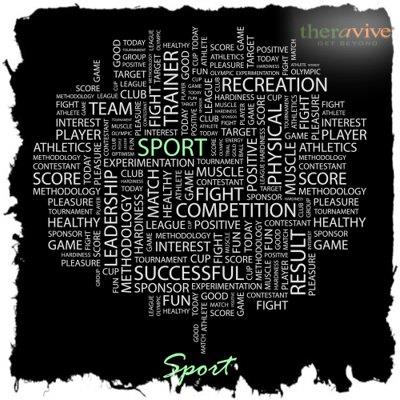January 19, 2016
by Anne Kip Watson

Eating Disorders and weight loss goals: the shocking
statistics and simple answers “We
have to
[More]
January 18, 2016
by Megan Lundgren, LMFT

For those who gambled their hard-earned money, one big question must be asked:
[More]
January 15, 2016
by Agnes Oh, PsyD, LMFT

As the New Year kicks off to its full swing, there are much talks about making meaningful resolutions and finding ways to actualize them without fail.
[More]
For those individuals who are interested in discovering what new health trends will be the rage in 2016, Good+Fit - the online site for health and fitness - recently published its findings.
[More]
With the recent onslaught of terroristic attacks, there has been much speculation on the reasoning of such horrific acts. Such tragedies as the mass shooting in San Berdino in early December of 2015 and the attack in Paris in November of 2015 has prompted politicians and analysts to debate how to stop further assaults.
[More]
December 24, 2015
by Agnes Oh, PsyD, LMFT

Every Holiday Season comes with an invitation to give as much as to receive. For many people, holidays are a time of celebration in the spirit of sharing. As people from all parts of the nation were joining the feast of Giving Tuesday on December 1, 2015, another surprising news came.
[More]
December 21, 2015
by Mary Horn, Psy.D.

In the last few years, thousands of stunning and disturbing acts of violence have occurred. We can all agree that terrorists and violent criminals belong behind bars. But what happens when it is our law enforcement officers that murder or commit crimes?
[More]
December 19, 2015
by Lorna Hecht, MFT

Does antidepressant use during pregnancy cause autism, as a recently published study suggests? Using Family Systems Theory to answer this question will lead to a more nuanced answer than a traditional cause and effect conceptualization.
[More]
December 15, 2015
by Lorna Hecht, MFT

Pet owners take note! How you parent your pet may mirror how you parent your children. (Or how you were parented).
[More]
December 14, 2015
by Anne Kip Watson

From the high school ranks to the professionals, it’s the time of year when the intensity of competition amps up and staying mentally tough under the highest pressure separates the good from the great.
[More]